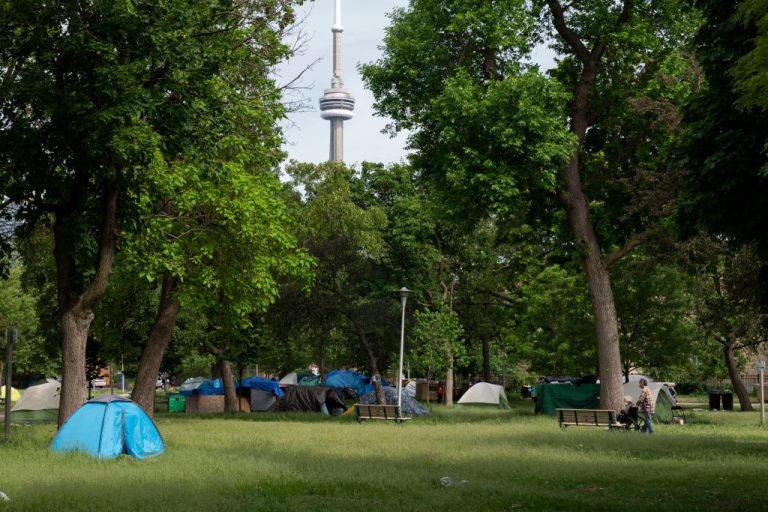A small-scale study conducted by a Canadian non-profit found that meaningful cash infusions may be a real solution to homelessness, so long as the recipients aren’t suffering from severe mental health or substance addictions.
The New Leaf Project was conducted by the Foundations for Social Change (FSC) and researchers from the University of British Columbia in 2020 in the form of a study targeting 115 Canadians aged between 19 and 64 who had been homeless for an average of the previous 6 months and were not struggling with chronic substance abuse or mental health issues.
A third of all study participants had children, a quarter were employed, with the gender balance split at 60-40 male to female.
The team gave 50 of the 115 individuals a $7,500 lump sum cash deposit to their bank accounts with the remaining 65 serving as a control group who only received the benefits of coaching.
Results, measured by a survey at 1, 3, 6, 9, and 12 months in addition to an open-ended interview at 6 and 12 months, found that for the cash-recipient group, the effects of a sudden cash infusion was markedly significant on lives.
Success
You are now signed up for our newsletter
Success
Check your email to complete sign up
Moreover, researchers also found that contrary to popular stigma that the homeless would simply use a helping hand to buy a lot of drugs and alcohol, recipients not only maintained an average of $1,000 in savings 12 months later, but spending on substances and tobacco actually decreased by 39 percent on average.
Results stated, “Cash transfer recipients prioritized and increased spending on recurring staples like housing/rent, food, transportation, and utility bills.”
They added, “On average, cash recipients spent 52% of their budget on food and rent, 15% on ‘other’ items such as medications and bills, and 16% on clothes and transportation.”
One of the biggest takeaways from the Project was that recipients appeared to quickly use the money to move into a place they could afford and out of either the streets or the local shelters.
“On average, cash recipients moved into stable housing in 3 months (96 days) while participants who did not receive the transfer, moved into stable housing after an average of 5 months (144 days),” results showed.
The group found that the benefit to both society and taxpayers was ultimately significant enough that it turned a profit, “By spending fewer nights in shelters, the cash group saved the shelter system approximately $8,100 per person for a total of roughly $405,000 over one year.”
“Factoring in the cost of the cash transfer, that’s a savings of $600 per person for society,” the group added.
FSC CEO Claire Williams told state-funded messaging outlet Canadian Broadcasting Corporation, “I had no expectations and really high hopes” for the study during an interview in 2020, adding that the results as they transpired were actually “beautifully surprising.”
Williams added, “It challenges stereotypes we have here in the West about how to help people living on the margins.”
The Project interviewed one recipient, named only Ray, who said his journey to homelessness hit suddenly. “One day everything was great. The next day, everything was gone. My job, my house, my everything, my money. It was gone.”
Ray described the cash infusion as giving him “a stepping stone.”
“I mean I was homeless. I had no real income, and when I did make the income it was to survive.”
Ray said his goal was to take advantage of his renewed circumstances to give back to the homeless community, being on the front lines of addiction and substance abuse recovery assistance systems.
Williams explained in her interview with CBC that just a single homeless person costs the Canadian taxpayer approximately $55,000 annually in social and health services.
“The common belief is that the status quo is cheap… in fact, it is incredibly expensive,” she said.
















